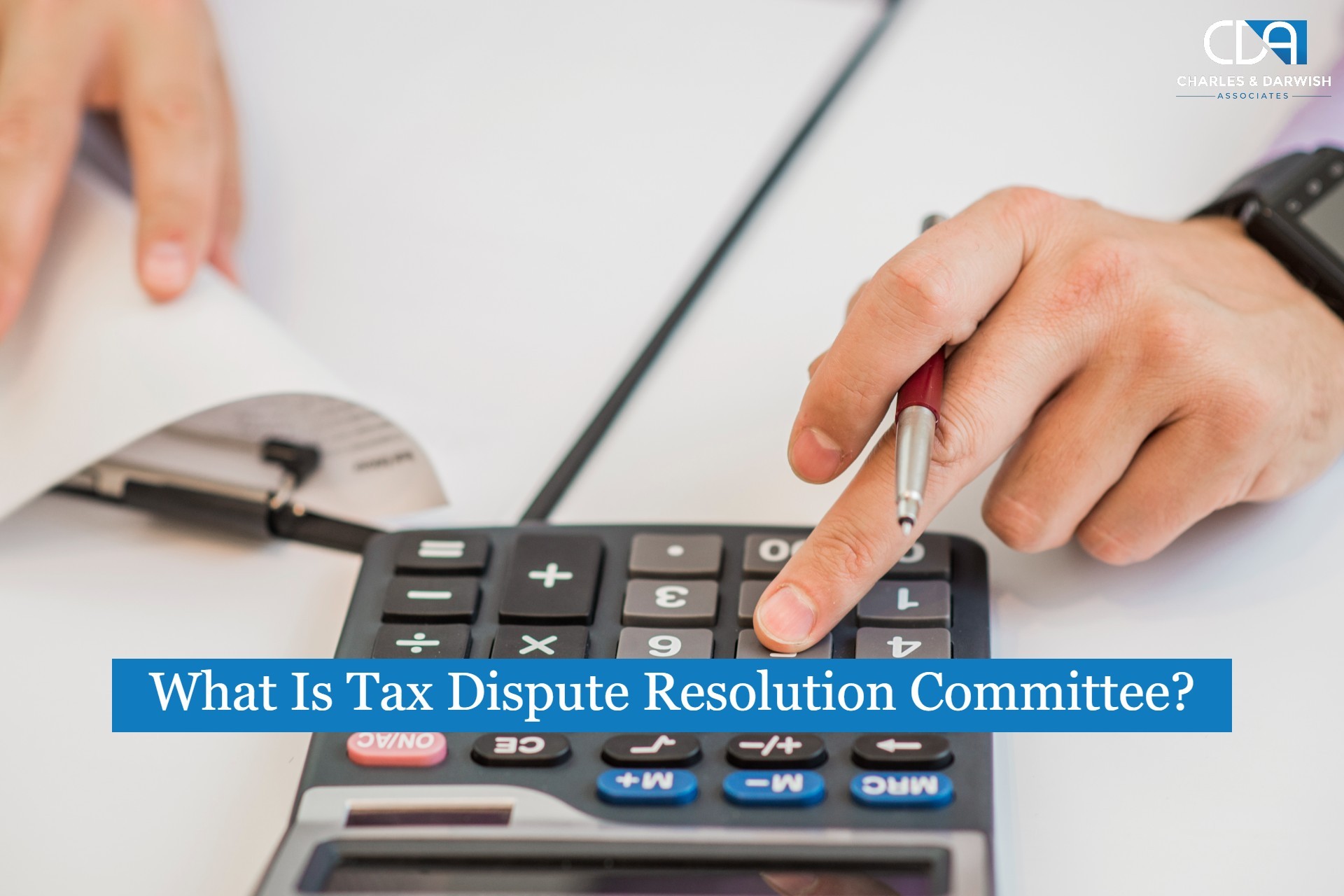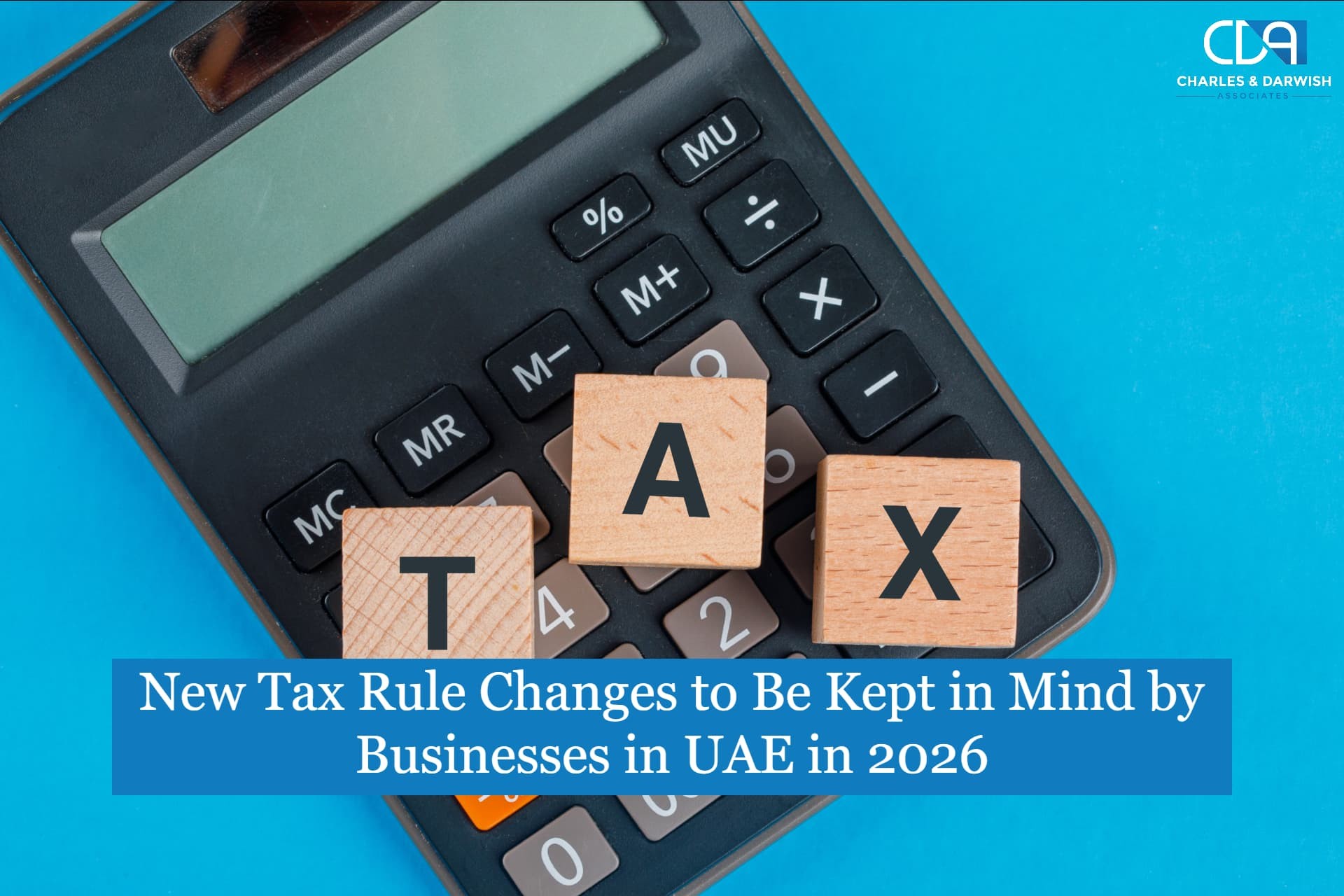How Is Corporate Tax Different From Value Added Tax In UAE?
The UAE, as the central hub and a popular location for companies to establish their operations, has its own set of rules and regulations. A businessman needs to understand the law of the land, which includes the taxes that his company will be liable to pay while functioning in the UAE. There are mainly two important taxes that a businessman in UAE will have to be aware of: corporate tax and VAT. With the help of this article, we aim to shed some light on the meaning and difference between these taxes.
Corporate Tax
In the past, there was no corporate tax levied on companies functioning in the UAE. But this is about to change, as the UAE government has introduced a federal tax on business profits. On December 9, 2022, the Federal Tax Authority issued the Corporate Tax Decree Law.
The goal of the introduction of such a tax is to reform the UAE economy from a fuel-based nation to one with diversified revenue sources. By investing massive amounts in technology and innovation and levying a corporate tax in Dubai, the government is paving the way towards this goal. Through the introduction of such a system of taxation, the government can increase state revenues and not limit them to oil-based revenues.
You can also read: Corporate tax in UAE - All you need to know about it in advance.
The scope of the corporate tax includes all commercial and business activities throughout the emirates, except those mentioned below:
- Businesses operating in free zones need not comply with federal taxes.
- Businesses that are involved in the extraction of natural resources will come under the purview of respective emirate-based taxation norms.
- Individuals earning in their personal capacity, that is, salaries, gains from investments, etc., need not pay a corporate tax.
Such a system also has further exemptions, such as:
- Profits earned from intra-group transactions.
- Profits earned from group re-organization
- Dividends earned from UAE companies
- Dividends earned from foreign companies.
You can also refer the Corporate Tax Related blog: How Corporate Tax Will Affect your Business in the UAE?
Under the new corporate tax regime, the proposed tax rates can be summarised as follows:
- A 0% tax rate is chargeable to taxable income up to AED 3,75,000.
- A 9% tax rate is chargeable to taxable income above AED 3,75,000
- MNEs that come under Pillar 2 of the BEPS 2.0 framework will be subjected to the OECD Base Erosion and Profit-Sharing Rules as laid by the concerned authorities.
You can also read: What Are The Expenses That Cannot Be Deducted While Calculating The Corporate Tax?
Value Added Tax (VAT)
Value-added tax, or VAT, refers to a tax that is based on the consumption of customers or the use of goods and services. VAT is one of the most common types of consumption taxes found around the world. More than 150 countries have implemented VAT, it was introduced in the UAE on January 1, 2018. The tax is a general consumption tax, which implies that it will apply to the majority of transactions in goods and services. VAT is applicable at a rate of 5% in UAE. A business is required to get itself registered for VAT if its taxable supplies and imports exceed the notified threshold of AED 3,75,000.
Trade in the free zones does not come under the purview of value-added tax and is tax-free. At the end of a tax period, VAT-registered businesses must submit a VAT return to the FTA.
VAT provides the government with an additional source of revenue to fund its various goals that are funded from the government budget.
VAT is exempt for certain sectors, such as:
The following list of supplies will be exempt under VAT law:
- The supply of some financial services (clarified in the VAT legislation)
- Residential properties
- Bare land
- Local passenger transport
The key differences between corporate tax and VAT are summarised as follows:
The main difference between both forms of tax is the nature of the tax. Corporate tax is a profit-based tax, whereas VAT is a consumption-based tax.
Corporate tax is levied on companies and paid by them, whereas VAT is borne by the consumers of the goods and services they consume.
Value-added tax is calculated by adding the value at each stage of production, whereas corporate tax in Dubai is calculated on the profits.
In the case of corporate taxes, companies are required to file taxes and then pay corporate taxes on the profits, whereas with VAT, companies have to charge VAT and remit it to the FTA.
It can be concluded that for a business to function efficiently in the UAE, one needs to have an understanding of the various types of taxes. Corporate taxes can be summed up as taxes charged on profits, whereas value-added taxes can be defined as consumption-based taxes levied on consumers for the goods and services they use.
How can CDA assist you?
CDA has been providing marvellous tax advice along with accounting and auditing services to clients for the past decade. CDA, with its well-versed team of professionals who are thorough with VAT and Corporate tax laws can help you avail tax benefits and get your VAT returns filed on time. The outstanding team at CDA provides you with robust tax consultation, enabling you to avoid tax evasion and the resulting penalties. To get to know more about our services contact our team now.

Mark Thompson
Full-stack Developer, Blogger, and Tech Enthusiast.
Mark specializes in digital marketing, SEO, and content strategy.














